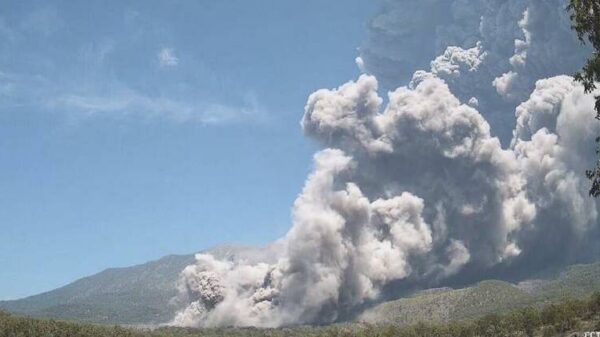The Federal Court of Australia recently ruled that the Australian government does not have a legal duty of care to the people or the islands of the Torres Strait regarding climate change, despite acknowledging the “devastating impacts” the region is experiencing. This significant decision comes after a lawsuit filed by two Torres Strait Islander men, who argued that the government had breached its duty to protect their islands from climate-related damages.
In 2021, Uncles Paul Kabai and Pabai Pabai, both elders from the islands of Saibai and Boigu, brought their case against the federal government. They highlighted the severe environmental challenges their communities face due to rising sea levels, coastal erosion, erratic weather patterns, and the depletion of marine life. These issues, they argued, are exacerbated by human-induced climate change, and they claimed the government had a responsibility to safeguard their islands.
Uncle Paul Kabai expressed the profound connection the Torres Strait Islanders have with their land, stating, “We won’t have our culture … if Sabai goes under water, we lose everything. Our culture, our identity, our livelihood. It will all be gone.” Uncle Pabai Pabai echoed these sentiments, emphasizing the loss of identity tied to their ancestral homes. “If Boigu was gone, or I had to leave it because it was under water, I will be nothing. I will have nothing … I will become nobody,” he stated.
Judgment Details and Implications
During the court proceedings, Justice Michael Andrew Wigney acknowledged the validity of many factual claims presented by the applicants. He noted the scientific evidence indicating that climate change has had severe consequences for the Torres Strait Islands and their inhabitants, impacting their culture and way of life. “Severe erosion, the salination of wetlands and previously arable land, the degradation of fragile ecosystems … has become more frequent and more severe in recent times,” Justice Wigney remarked.
Despite acknowledging the dire situation, Justice Wigney ultimately ruled in favor of the Commonwealth, finding that the government “did not, and does not owe Torres Strait Islanders the duty of care alleged by the applicants.” He asserted that such matters should be resolved through political processes rather than judicial ones. His ruling concluded a four-year legal journey for Uncles Kabai and Pabai, leaving them without the legal recourse they sought.
In his closing remarks, Justice Wigney clarified that his judgment was not a critique of the applicants, their case, or their legal representation. He pointed out that the existing law in Australia does not provide individuals or communities with effective legal avenues for seeking damages or relief related to climate change. “That will remain the case unless, and until, the law in Australia changes,” he stated. Until then, he suggested that public advocacy and protest might be the most viable options for those in similar situations.
Government Response and Future Steps
In light of the ruling, Australian Energy Minister Chris Bowen acknowledged that the people of the Torres Strait are already experiencing the effects of climate change. He emphasized the government’s commitment to addressing these challenges and indicated that they are finalizing a plan aimed at helping communities understand climate risks and enhancing resilience across Australia.
Bowen’s comments highlight the ongoing discussions about climate change policy in Australia and the importance of taking measures to protect vulnerable communities. As the impacts of climate change continue to unfold, the situation in the Torres Strait Islands serves as a poignant reminder of the urgent need for comprehensive action and support for those most affected.


























































